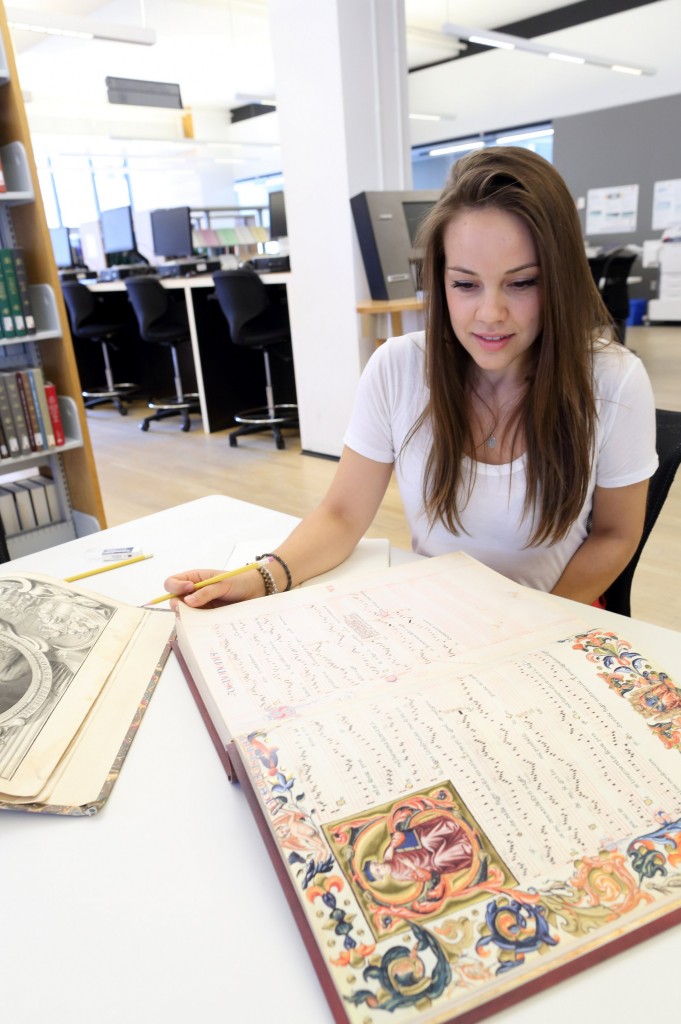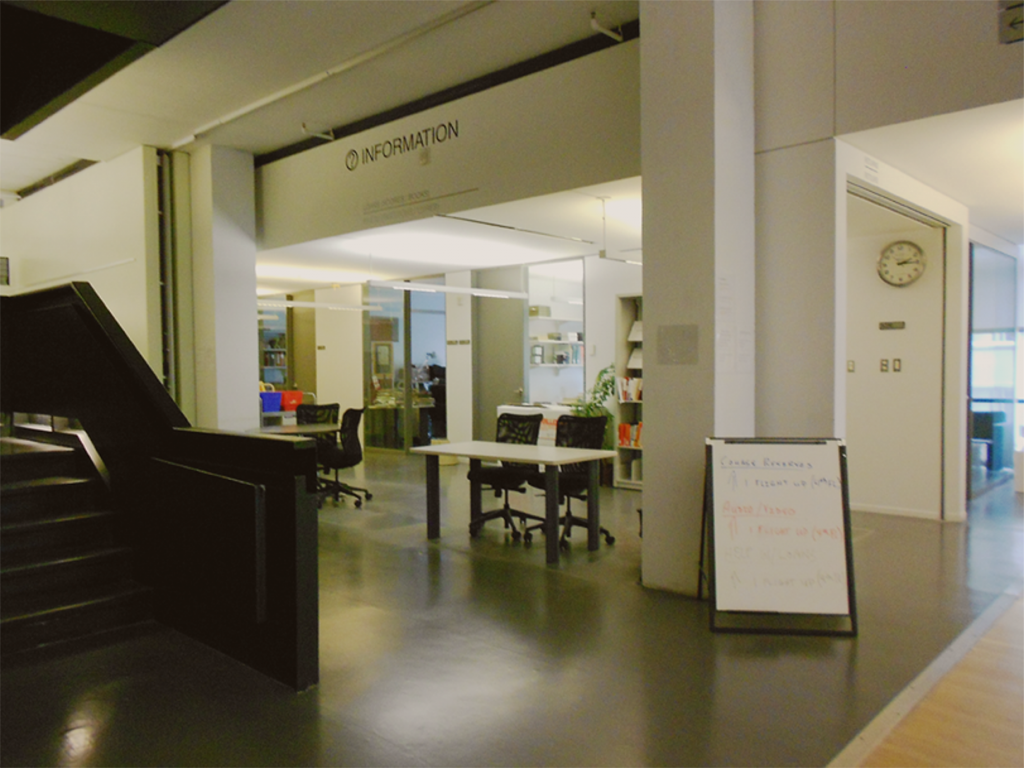The specialized music software MAC laptops have recently been updated with drivers for the Canon XF 100 and XF 305 HD video cameras. Importing video from the cameras directly into Final Cut Pro X is now possible. Please note that the MAC desktops in the Music Student Computer Room still run Final Cut Pro 7, so the import process is different on those machines.
To import your video clips into Final Cut Pro X, follow these steps:
1. Open Final Cut Pro X.
2. Connect the CompactFlash card to the laptop. (Either use the USB card-reader, or the USB cable to connect the camera directly)
3. Click “Import from Camera” from the file menu or upper left browser window.
4. Select which clips you want to import.
- To import all clips: Without selecting any clip, click the Import All button.
- To import multiple clips: Select desired clips and click the Import Selected button.
- To import only part of a clip: Click and drag the thumbnail to highlight the portion of the clip to import and click the Import Selected button.
5. In the window that appears, select the event to which the imported clips will be added.
- Change the transcoding, video and audio settings as necessary.
6. Click the Import button.
7. Close the Camera Import window.
8. Safely eject the CompactFlash card from the laptop by either dragging the CompactFlash card’s icon to the trash, or clicking the eject symbol next to its icon.
Questions about importing videos to Final Cut? Please consult a full-time Music Library staff member: http://www.mcgill.ca/library/library-using/branches/music-library/staff/
Unfortunately, due to staffing limitation, we can only respond to questions about these procedures from members of the McGill community.



